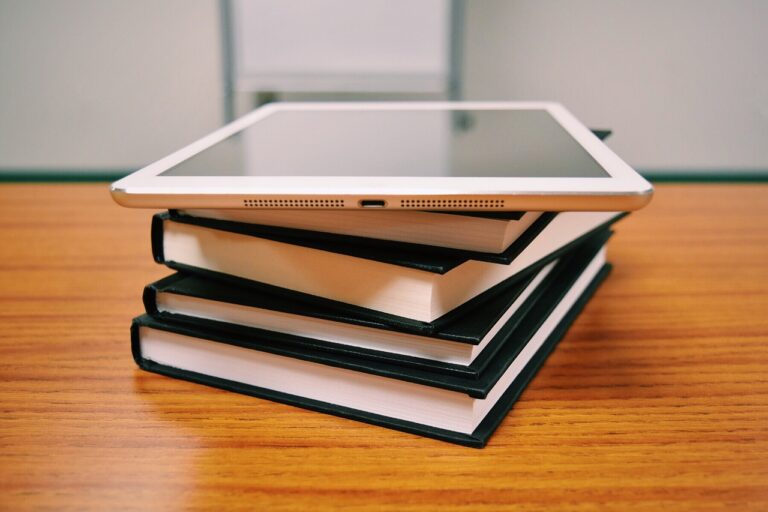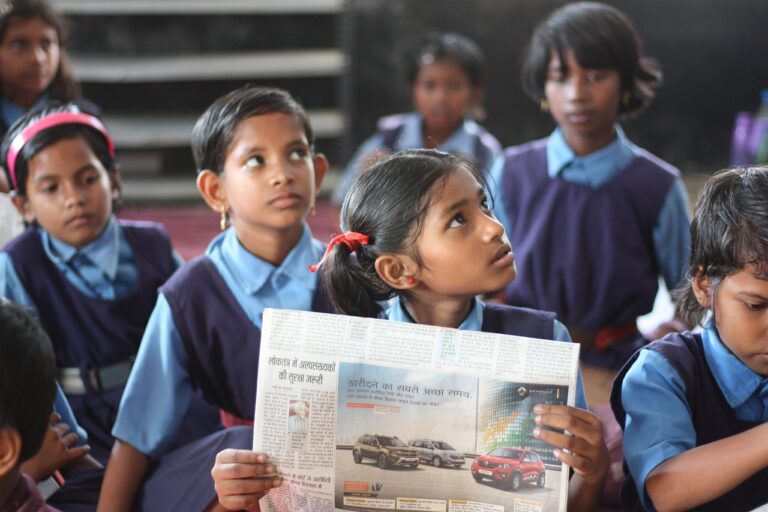Exploring the Role of Peer Feedback in Improving Learning Outcomes
Peer feedback in learning is a valuable tool that allows students to receive input and insights from their peers. It plays a significant role in the development of one’s learning process, pushing individuals to reflect on their work and make improvements. This exchange of feedback fosters collaboration among students, promoting a sense of community within the learning environment.
Furthermore, peer feedback helps students in gaining a deeper understanding of the subject matter by offering different perspectives and approaches. Through this process, learners can enhance their critical thinking skills as they analyze and evaluate the feedback provided by their peers. Additionally, receiving feedback from peers can boost confidence and motivation, as students feel supported and encouraged in their academic endeavors.
Benefits of Peer Feedback in Academic Settings
Peer feedback in academic settings offers students a unique opportunity to engage in a reciprocal learning process. By providing constructive criticism and suggestions to their peers, students not only enhance their own understanding of the material but also build a sense of community within the classroom. This active participation fosters a collaborative learning environment where students can help each other grow academically.
Furthermore, receiving feedback from peers can improve students’ communication and interpersonal skills. As students learn to articulate their thoughts clearly and provide feedback in a respectful manner, they develop important skills that are vital for academic and professional success. Through this process, students also learn to consider different perspectives, which can broaden their own understanding and deepen their critical thinking abilities.
How Peer Feedback Promotes Critical Thinking Skills
Peer feedback is a valuable tool in promoting critical thinking skills among students. When peers engage in providing feedback on each other’s work, they are encouraged to evaluate the content critically and offer constructive suggestions. This process challenges students to think deeply about the ideas presented and consider alternative perspectives, ultimately enhancing their analytical skills.
Moreover, peer feedback helps students develop their ability to think critically by requiring them to justify their opinions and feedback to their peers. By articulating and defending their viewpoints, students are pushed to evaluate the validity of their arguments and engage in thoughtful discussions. This practice fosters a culture of critical thinking where students learn to question assumptions, consider evidence, and cultivate well-reasoned arguments.





